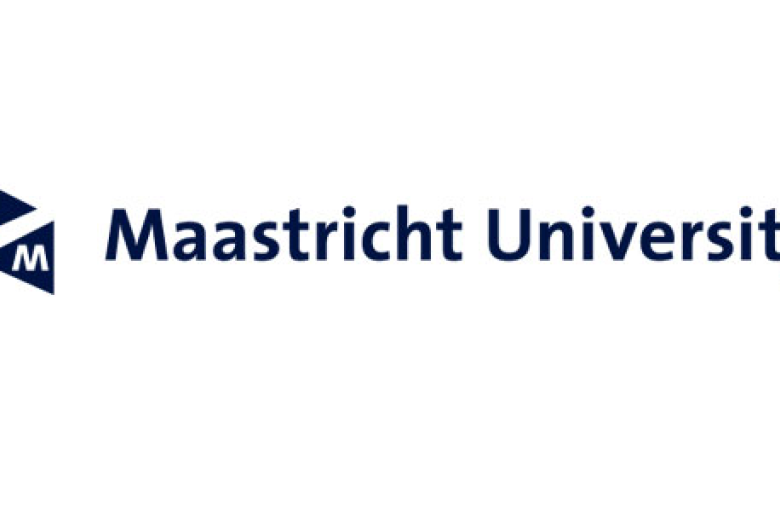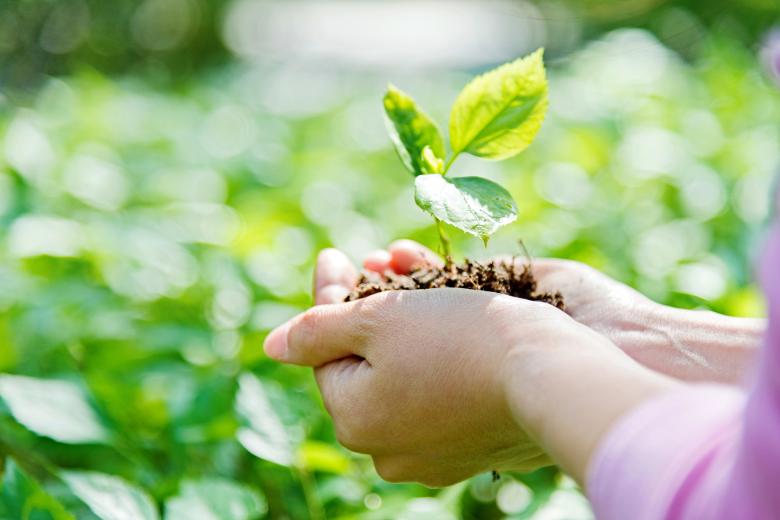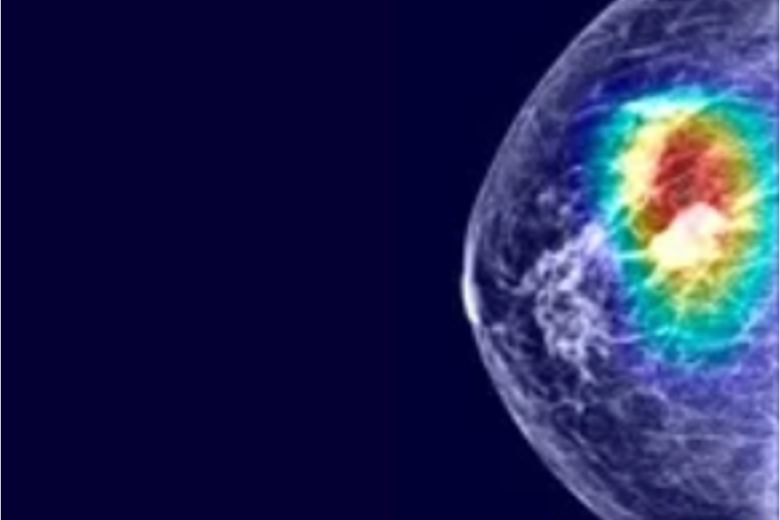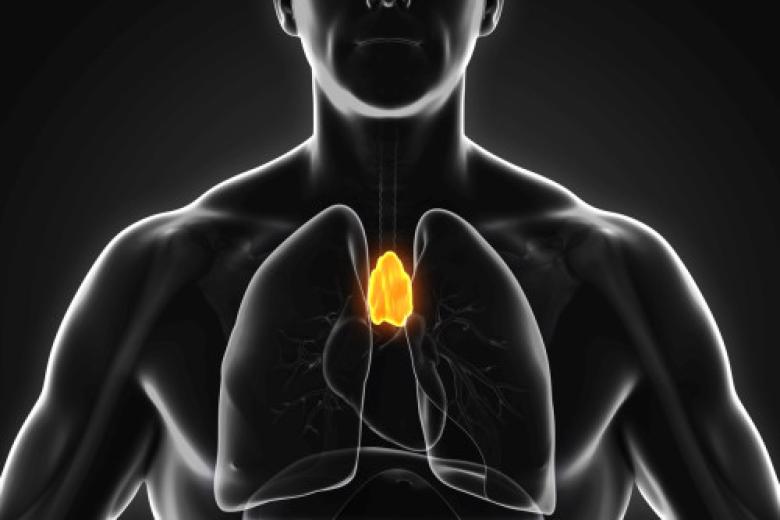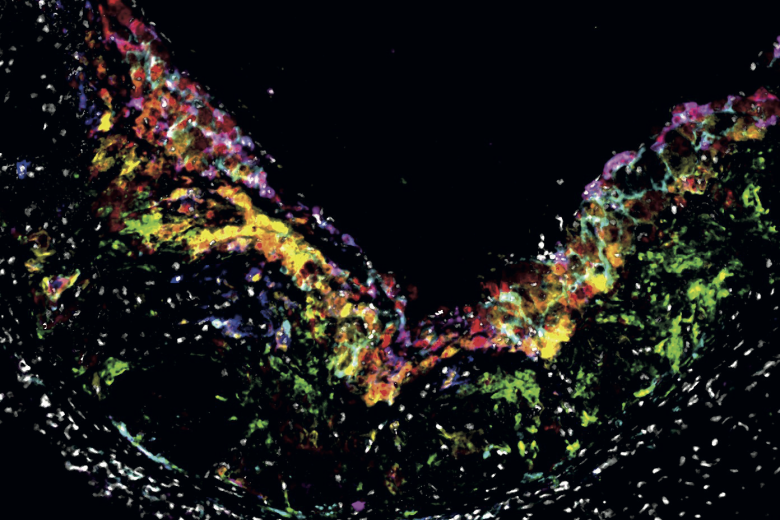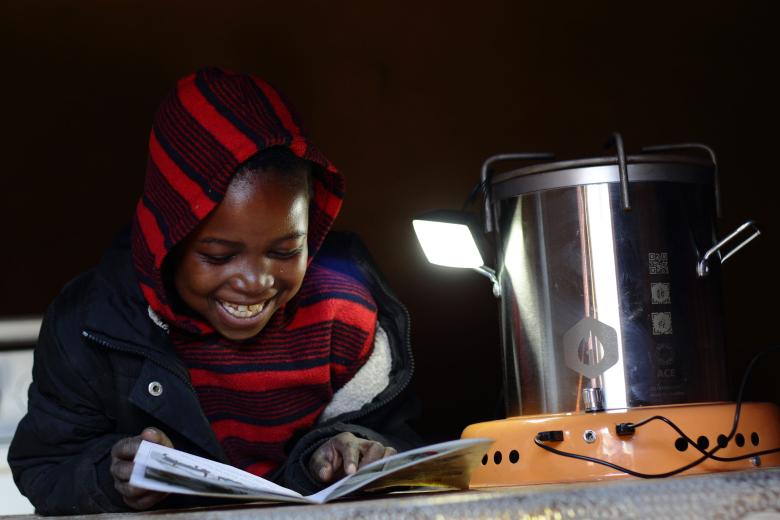UM and the political debate on internationalisation
Internationalisation of education, and specifically the intake of international students, is a hot topic in Dutch politics. This will also be the case in early 2023. As the most international university in the country, UM follows developments closely and, in the interest of the university and the...
